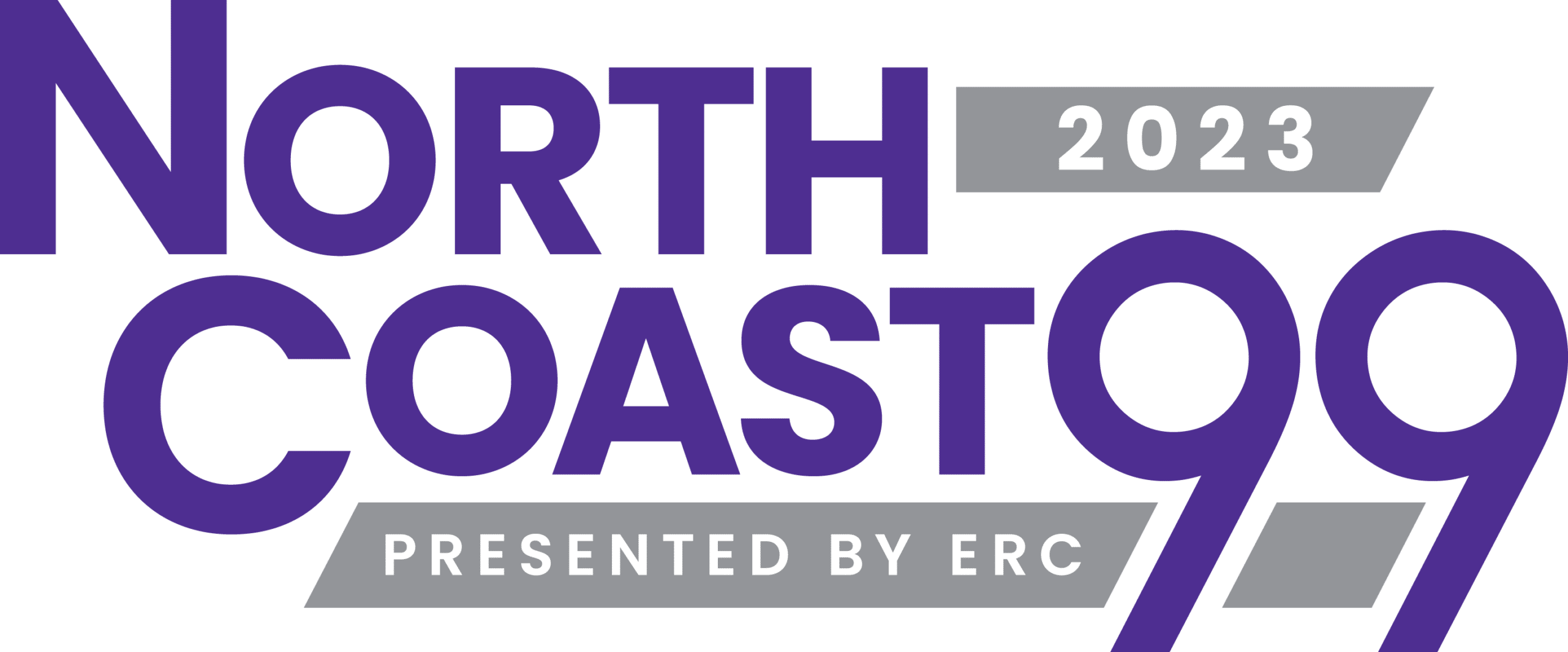Business owners may have goals for their companies that outlive their ownership, and the right type of buyer can enable a seller to transform a business exit into a springboard that boosts the company to its next growth plateau. Trusted advisors, including an investment banker, can help identify these types of buyers and set the stage for investment and growth that will help realize the seller’s goals.
Private equity investors and strategic buyers come to the table with plans and goals of their own for which your company may provide a perfect fit. In many cases, their investments require the selling business owner to stay on board for two years or more to help guide the transition. Sometimes, the seller also is expected to have some skin in the game by making a capital investment to maintain a minority position in the company.
Private Equity and Strategic Buyers
Private equity investors and strategic buyers usually have different goals and different approaches, so sellers must understand what each type of buyer brings to the table and how they might help the seller achieve their goals for the company.
Private Equity
Private equity investors often are looking for deals that provide an important piece of a larger platform they are building out. They may focus on vertical integration within a specific industry – or some other scenario – for which your company provides the right synergies. They are looking for metrics that make sense for their investment plans, and they often plan to make operational and technology improvements to their portfolio companies that fuel their return on investment.
Typically, a private equity investor will come in as a 51% owner and ask the seller to reinvest in the go-forward entity at a 10% to 35% position for a defined term like two years. These buyers often see the seller’s reinvestment as an indicator on how bullish they are on the company’s future.
Many private equity investors have a finite time horizon by which they expect to sell their portfolio companies and realize their return on investment. However, some hold companies for the long term, usually businesses in the same industry or connected industries that provide opportunities for the investors to exercise their business operational skills.
Strategic Buyer
A strategic buyer likely knows your industry and is attracted to your company because it rounds out their product line, builds their customer base, or brings some other strategic advantage to the deal. Having a knowledgeable, experienced management team in place at your company, as well as the general infrastructure required of companies in your industry, are added advantages. The buyer is able to tuck the acquisition into their existing platform without significantly increasing overhead.
Your competitors, suppliers, and even customers may emerge as potential strategic buyers once your company is on the market. With continuing supply chain disruptions plaguing many industries today, customers, in particular, may come forth as strategic buyers to ensure a steady supply of the raw materials or components you sell them.
Marketability
When you’re looking to exit, you may find only strategic buyers interested in your company. Some industries are boutique-oriented and have limited marketability, while others are broad-based with a wider audience of suitors.
If you believe your company has strengths that a broader audience of strategic buyers and private equity investors would find attractive, hire an investment banker who has resources and contacts in those circles. They know where they can place a deal.
Embarrassment of Riches
How do you decide who to sell to if you have a third-party buyer, a strategic buyer, and a private equity investor lined up at the door?
Some deals are easier to get done and others require more work by the seller. Generally, the decision comes down to the deal that’s easier to accomplish. A seller may decide to forego a higher price if another deal can be accomplished with fewer hoops to jump through.
Another factor that can influence the selection of a buyer is the potential for future payouts beyond the immediate selling price. One business owner sold to a private equity investor and reinvested 15% for a minority position. There have been two more private equity infusions since then, enabling the original owner to cash out twice.
Selection of a buyer also can depend on how involved the seller wants to remain in the company. Some sellers want to cash out and retire, while others want to remain involved and work alongside the investors to help the company get to the next level.
Bottom line: there’s no cookie cutter approach. Selection of a buyer and a deal structure comes down to the personal preference and needs of the seller.
Strong M&A Market
Today’s exceptionally strong M&A market means opportunities are plenty for owners looking to sell or attract investment that will make their last few years at their companies more productive and profitable.
Contact your Barnes Wendling advisor to discuss your business exit plans and your next steps.
Related Insights
Featured Post

Featured Client Testimonials
BW is a true partner to us. Their knowledge, expertise, and service are a valuable resource to us and play an important role in our success!
John Allen - Vice President of Finance, Kaufman Container

Featured Client Testimonials
I appreciate the exceptional tax advice we received over the years. The (BW team) has a good grasp of our business needs. Thank you for your excellent service.
John Griffiths - Owner, Rae Ann, Inc.

Featured Client Testimonials
The BW team has been fantastic to work with; both the team member at our office as well as at the partner level. Any issues or concerns are handled very efficiently and effectively.
Kelley Needham - Chief Executive Officer, Epilepsy Association

Featured Client Testimonials
Barnes Wendling has been our company accountants for over seven years. Their knowledge has been instrumental in helping us grow strategically during this time. And although we’ve seen many changes in our economy that we cannot control, we’ve always been able to trust the Barnes team to be by our side. The Barnes team feels like family. We can’t thank them enough for their support!
Christine Kloss - Controller, AT&F

Featured Client Testimonials
Barnes Wendling has been our company accountants for over 15 years. During this time, the business has grown exceptionally, and Barnes has kept pace, providing accurate, quality advice. Our finances are more efficient than ever, and the expense of hiring Barnes has been a definite positive add to our bottom line. I give my highest recommendation to their firm.
David Miller, MD - President, Retina Associates of Cleveland

Featured Client Testimonials
Barnes Wendling has provided us guidance and recommendations that have strategically helped strengthen our business and position ourselves for growth. We needed to hire a new VP of Finance and Controller this past year, and they were instrumental in helping us find the best candidates for our company.
Sara Blankenship - President, Kaufman Container

Featured Client Testimonials
We value the trust, accuracy of information, and reliability of Barnes Wendling and Mike Essenmacher personally. Mike has been instrumental as a trusted advisor on accounting, tax, and personnel issues. His advice is always accurate, and he is very reliable. His associates are also very talented.
Dominic Ozanne - President and CEO, Ozanne Construction Company

Featured Client Testimonials
We value Barnes Wendling’s expertise with all things accounting so we can operate our business using our strengths and allowing them to be our experts. They have also brought me a few business sale opportunities to allow me to grow my assets.
John Gaydosh - President and Metallurgical Engineer, Ohio Metallurgical Service

Featured Client Testimonials
Barnes Wendling (especially Lena) did a great job with our financials. Everything. It is extremely refreshing and comforting to know that all of our numbers are not only correct, but they are in the right place(s). Your diligence and reporting truly does make me (personally) feel better.
Thomas Adomaitis - Controller, Bialosky Cleveland

Featured Client Testimonials
I can wholeheartedly tell you that I have yet to work with an audit or tax team that have been more helpful, easy to work with, and committed than the team at Barnes Wendling- I have been through three different firms in the last few years.
Michelle Saylor, Former Controller, Aero Mag

Featured Client Testimonials
Floyd Trouten at Barnes Wendling CPAs is an “expert’s expert” when it comes to M & A accounting. Not only does he understand the evolving details of the Tax Code but he also sees the fine points of their application for owners, managers, investors, and financiers.
Mark A. Filippell, Western Reserve Partners

Featured Client Testimonials
The service is amazing at Barnes Wendling CPAs. The benefit is worth more than the cost. Sometimes it’s true that you get what you pay for.
Mark Boucher - Former Owner, Castle Heating & Air










